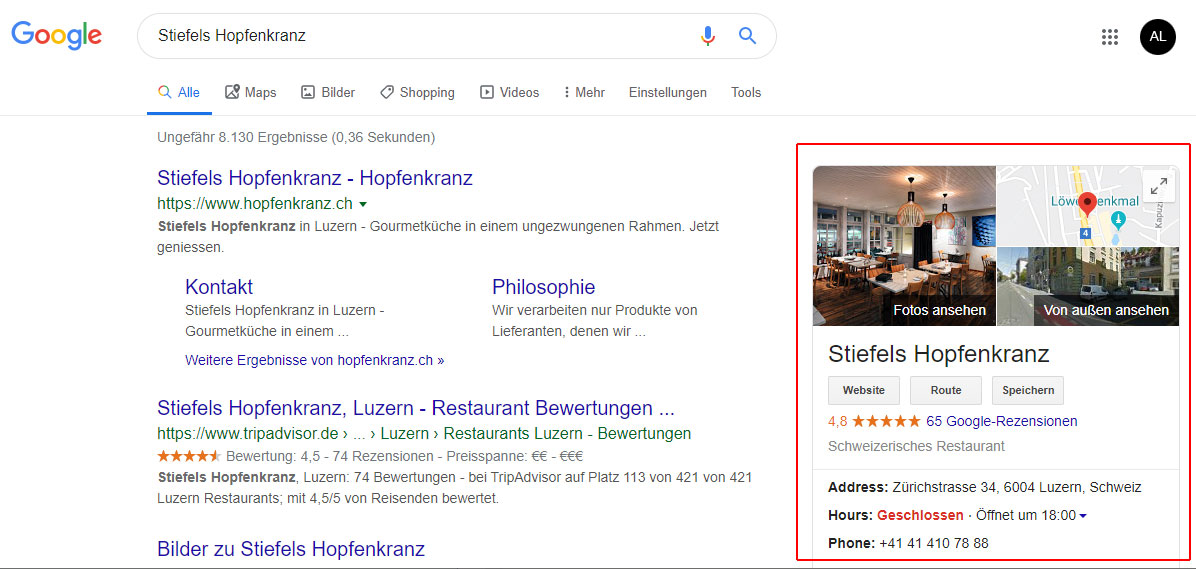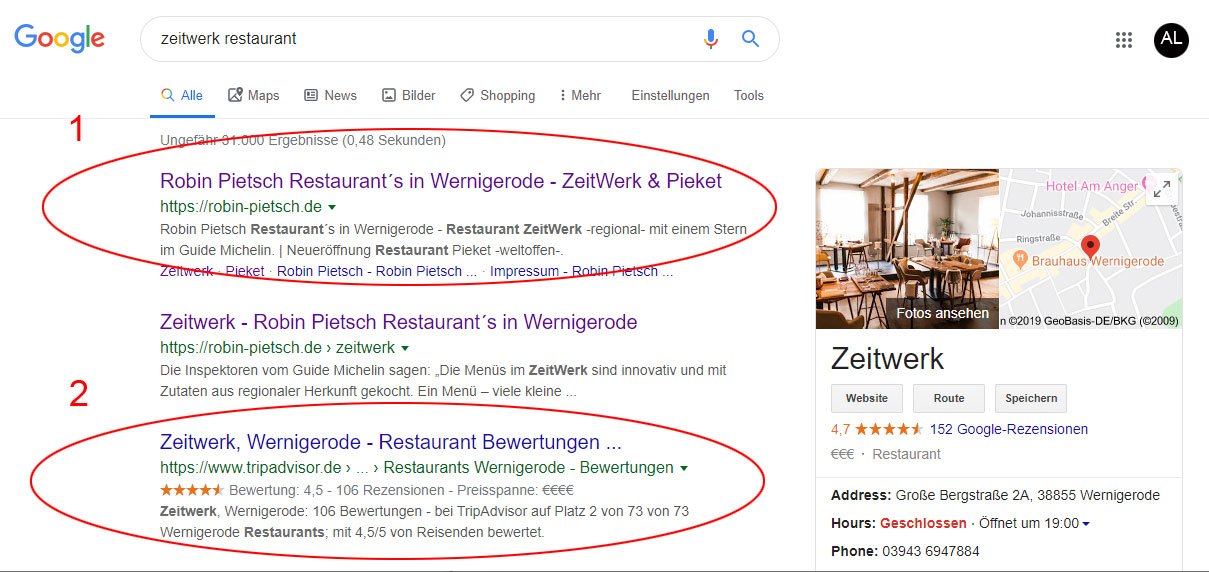Bang! The two online giants Michelin Guide and TripAdvisor are working together. One with professional food testers, the other with the crowd intelligence of guests. Both companies have associated online reservation systems that are brought together in the same breath. Michelin sells Bookatable to The Fork/La Fourchette. In short, a huge online platform where restaurants can be rated and recommended, and guests can book a table. There are good reasons for this. Reasons that also have a major impact on restaurateurs - both positive and negative. An overview.

